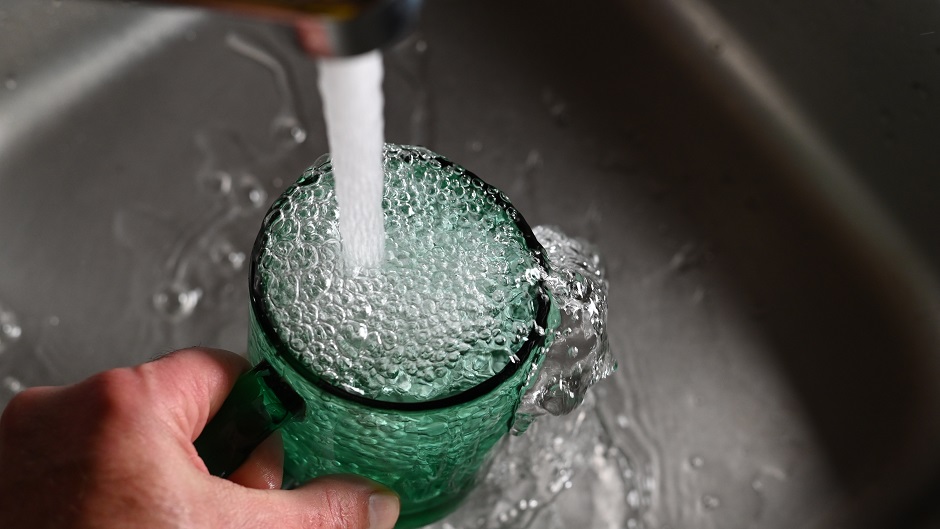It is easy to forget that coffee is largely made up of water. In an espresso alone, around 85% of the drink is water, and that is considerably more in taller coffees.
The majority of us will fill our kettle using tap water, or use unfiltered water within our domestic coffee machines. However, with 60% of the country having hard or very hard water, this practise could be causing a number of problems, from negatively impacting the taste of your coffee to reducing the life of your machine.
In this blog post, we’ll discuss what hard water is and the steps that you can take as an individual or business to improve your water quality.
What is hard water?
Hard water contains a lot more mineral content deposits than filtered, or soft, water. They are formed when water is naturally flowing through deposits of limestone, chalk or gypsum.
Whether your water is naturally hard or soft straight out of the tap all depends on geography, unfortunately. In areas mostly made up from non-porous surfaces such as granite, the water simply runs off surfaces rather than permeating it, meaning it is softer.
Depending on where your business premises are located, your appliances may be more at risk of limescale build-up if you live in a hard water area. Scotland, Northern Ireland, most of the North of England and the South West have soft water, while a lot of the Midlands and West of England has hard water. To find out if you’re in a hard water area, review your local water suppliers website.
How water quality affects the taste of coffee
Firstly, the layers of limescale that are formed as a result of hard water can insulate the water from the heat source. If this isolation occurs, your water won’t be able to reach its optimum temperature, meaning a poorer tasting coffee for yourself or your customer.
Secondly, and perhaps the worst impact limescale buildup can have on your coffee machine is it can attack and corrode the inner metallic surfaces of your coffee machine. This corrosion can result in your coffee machine internally rusting, which will affect both the taste of your coffees and can even be harmful when consumed.
How to improve water quality
Test your water beforehand to see what is present, as there may not be anything there which can have a negative effect. If you live in a very hard water area though, it is probably worth it.
Depending on the results of your test, you can:
-
Stick to coffee machine filters – Most of these will do the job required for a coffee machine, including removing the right stuff. Depending on the one you use, check the specifications
-
Use a water filter jug – Want to play it safe and filter the water before it goes anywhere near your machine, or maybe you use another method to make coffee? There are plenty of jugs out there which have filters available to buy that make the water just right
-
Buy a water softener – Hard water affecting other factors too, such as washing your hair or the dishes? Water softeners can be bought which filter tap water at the point of pouring. They sit under your sink out of the way, and are expensive to buy but often the cheapest option long-term
-
Regularly descale – On top of the above, always use a proper descaler to clean kettles, coffee makers and machines to get rid of even the smallest of traces of minerals and keep everything in top condition. Most brands have dedicated descalers available




